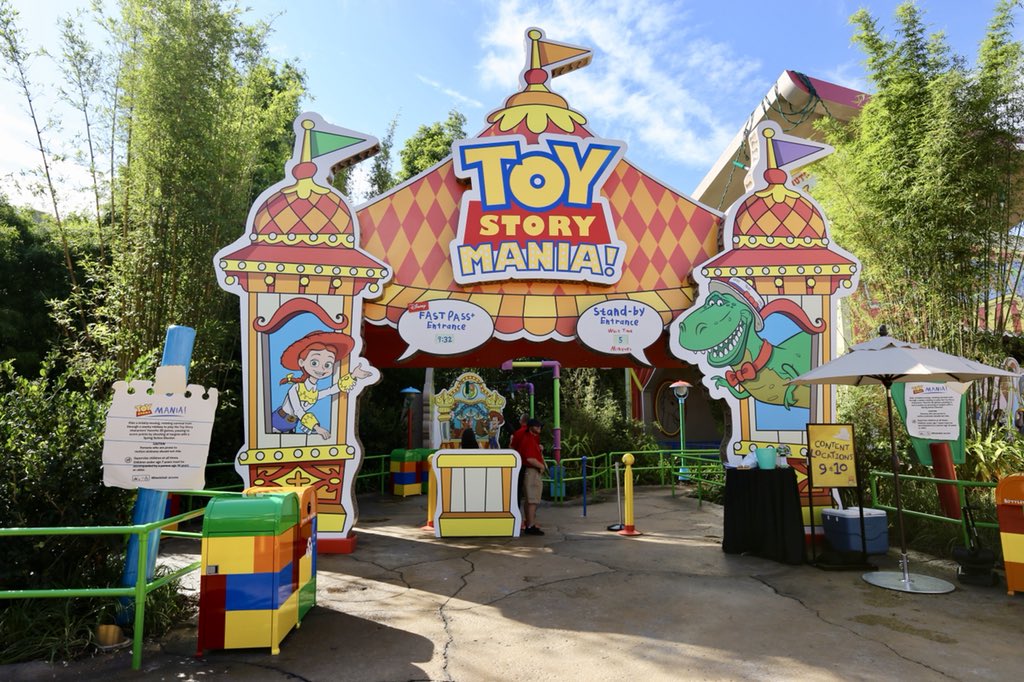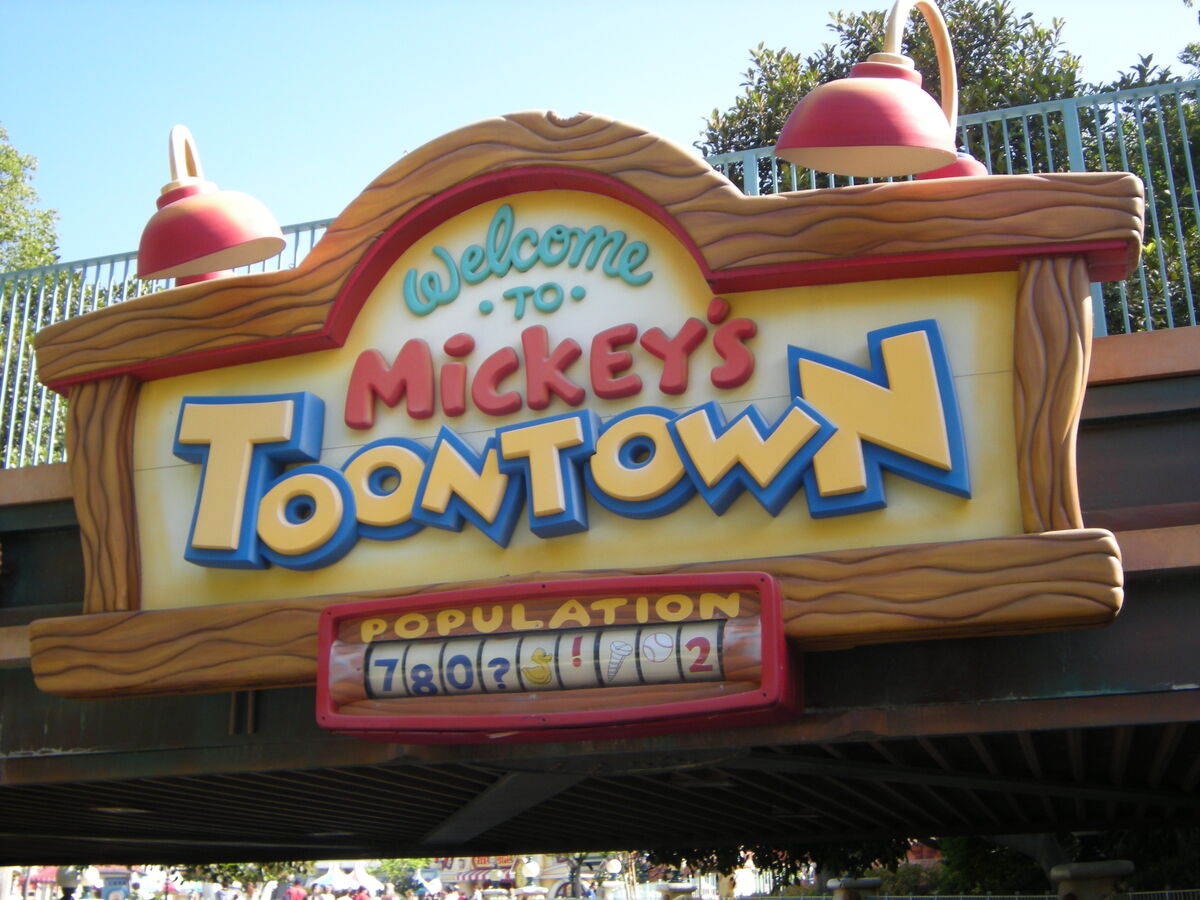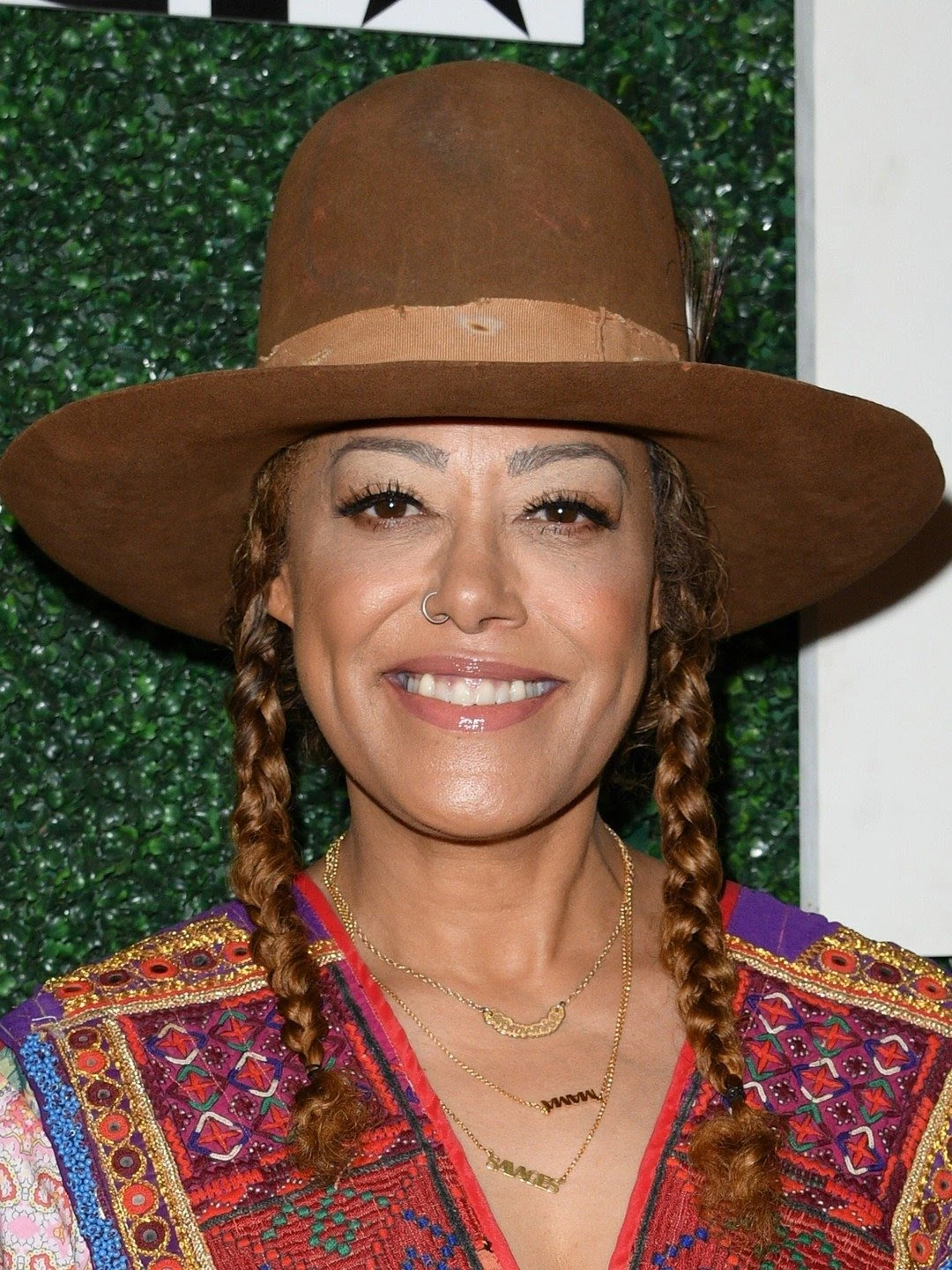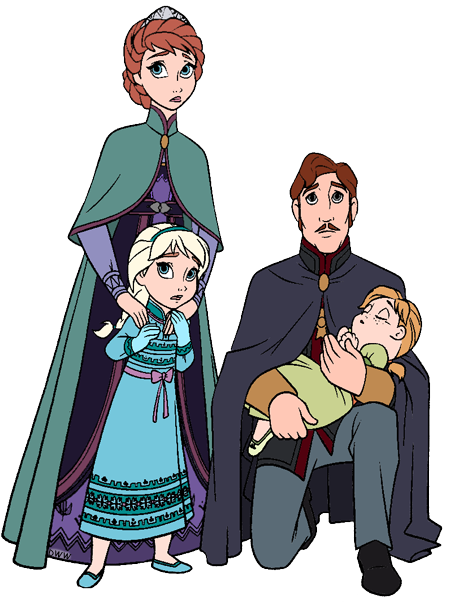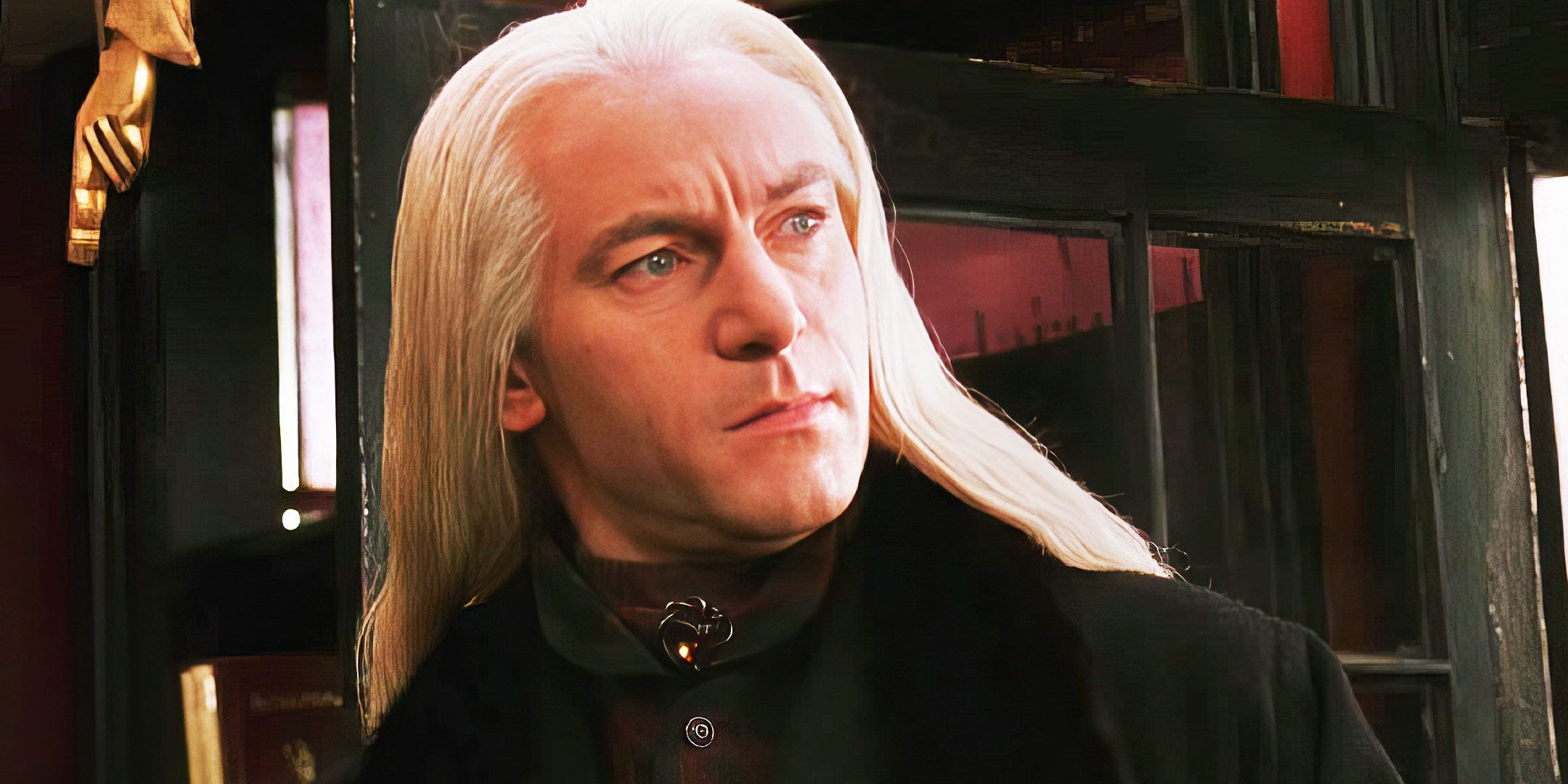Interview: Dai Nic and the Rebel Motif

Molly Stubbs
Dai Nicholas, under the guise of Dai Nic with help from seasoned musicians who make up his ‘Rebel Motif’, released his third album Hungry Ghosts in December 2024.
Dai Nicholas … who?
Hailing from Llandybie and notoriously lowkey about his musical releases, the prolific artist has finally decided it’s time to start telling the world about his music.
In service of this revelation, Dai took the time to speak with Nation.Cymru about his lifelong love of songwriting, wide-ranging inspirations, and the career mistakes he’s made good on with Hungry Ghosts.
Your music stems from a variety of inspirations. Was there a particular song, artist, genre, or maybe even a moment in your life that lit the spark for Hungry Ghosts?
Hungry Ghosts came about after a chance meeting with the renowned guitarist Dafydd Pierce over 30 years since we recorded a demo with Welsh-language band Y Brwd.
I was also listening to some iconic female artists such as Francoise Hardy, the French music and fashion icon who passed away last year. I experimented with songs in the style of French pop where you have a seemingly continuous flow with no middle bit or guitar solo.
Another spark came from a quote by Sinéad O’Connor, where she talked of living in Bardo in her darkest moments. I then came across references to Elysium and certain cultures who believed that you get what you wished for in this life in the next life. I turned these maudlin themes on their heads and created a song that offered the positive slant that life is indeed for living.
I wrote the rest of the songs as the recording sessions happened, sometimes the night before a recording. This, I think, gave the album a cohesive sound.
One can safely assume you’ve got some writing and recording habits that make the creative process smoother. Were there any new tricks or techniques you discovered this time around?
Over the years I have been guilty of labouring over a song and then flogging it to death. On Hungry Ghosts I learned to create, record and let go of a song in the hope the spontaneity would show through and the listener would get a feel of me singing to them almost off the cuff.
Working with the legendary bass player and producer Wal Coughlan at Bridgerow Studios on the previous two albums, I learned quickly of the discipline in getting the basic track down in time to allow layers to be built over it. I also took the conscious decision not to do things that were beyond me, so a range of quality guitar players were brought in to compliment my basic playing.
Dafydd Pierce, as well as being a renowned guitar player and having a great guitar style is also an excellent pianist, and that offered the best of both worlds as I’m passionate about classical music.
What made you decide to start telling people about your music and making an effort toward promotion?
I made the mistake in my late teens into my late twenties of not following my instinct in performing my own songs. Instead, I joined a string of cover bands playing hundreds of gigs up and down the valleys, Cardiff and London.
In the mid/late 80s, instead of using my time to follow my dream, I got caught up in partying and nightlife. Life took over and when I woke up to this fact in my early 30s and started recording original material, the time, I thought, had passed.
A life-changing event in 2015 made me realise that living to work had squandered too much time when I should have been creating music. I once watched an interview within the actor Peter Sellers where he explained that he only felt truly alive in front of the camera when doing ‘the take’. I suppose it’s the same when I’m in front of the microphone.
I could have suppressed the creativity, but instead I came to my senses as to what I believe is important in life.
With the added publicity for this album, did you ever feel you were walking that tightrope between creating music that’s true to you and creating music the listener will enjoy?
That tightrope was certainly very much something I had to navigate on the first two albums, but I’ve left myself more open on Hungry Ghosts.
A good friend of mine once said that he thought some of my stuff was too miserable and I should write some happy songs. I must confess I had to laugh, but agree in one sense as I’m normally quite upbeat. I suppose the songs just come from my more reflective and perhaps melancholy side — I’m a Gemini after all.
I read a very incisive quote by Shane McGowan — he was asked where the song ‘Summer in Siam’ came from. He answered; ‘I plucked it out of the air before it got to Bob Dylan in New York’. Whilst I don’t profess to be in such illustrious company, it succinctly describes that moment when suddenly a chord fires up a melody then spawns a lyric and sometimes, quite quickly, you have a new song.
The short answer is that I just let the songs develop, hoping that somebody would listen and enjoy them.
Llandybie, folklore, the natural world, and relationships are all explored on Hungry Ghosts. Was there a bigger message you wanted to impart with the album as a whole?
I didn’t approach Hungry Ghosts as a concept-type album, but I suppose there is a thread there that came about by the mere fact it was written and recorded in four months.
‘Bullet for You’ is about my wife’s fight with life-threatening cancer and her posting on social media in the recovery room while sailing on morphine to kill the pain. ‘Moon and the Stars’ is a cry for redemption and moving on with one’s life. ‘Thinking in cartoon’, ‘Galaxies apart’ and ‘Adventure before breakfast’, with references to Lewys Carroll’s Mad Hatter and Laurie Lee’s Cider with Rosie, are asking the listener to treasure your memories but not to worry about the past or future.
Maybe the analogy is that the album is a walk down a typical street at night and each song is a glimpse of an individual life story, a reflection of what they are watching on the TV screen in the front room.
What advice would you give to the new generation of budding Welsh musicians who’ve just picked up a guitar for the first time?
I would offer some stark advice: if you are creative and believe in yourself and your songs, don’t let life get in the way, don’t prevaricate and don’t make excuses that you’ll ‘give it a go tomorrow’.
Get into a studio and get recording and learn to make mistakes, get on a stage or a street corner and learn to accept a few tomatoes will be thrown at you. Suffer while you’re young, when maybe you can afford to suffer. Whether you succeed or not you’ll know you’ve tried and, looking back, the regrets will be less painful to endure.
Where do you foresee Dai Nic and The Rebel Motif’s journey leading next?
I have reached out to a young singer and offered some new songs in the hope that this will help them gain an initial foothold and get a record deal with one of the Welsh-language labels. I’m also keen to see how my songs are interpreted by a younger artist which, I hope, will lead them in a direction I wouldn’t have taken.
As Dai Nic and the Rebel Motif, we’ve already recorded Welsh-language songs and I am looking to release singles that may lead to an album release. But I have an ache to try and get a drum and bass sound, and get an upbeat feel to some new songs.
There are some great bands now recording in the Welsh and English language scene and, thankfully for the listener,, the competition is fierce. But as I once told a close friend who asked for a CD of mine: “Am I a famous singer songwriter? Obviously not. Do I enjoy it? Yes, absolutely. Are the songs any good? Well, I’ll let the listener decide on that and hope that they enjoy it, or at least understand why I do it.”
Hungry Ghosts is available to stream on Spotify and other platforms. To find out more about Dai Nic & the Rebel Motif, visit their site here.
For the a month you can help us create an independent, not-for-profit, national news service for the people of Wales,








